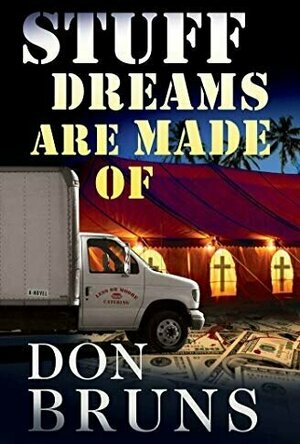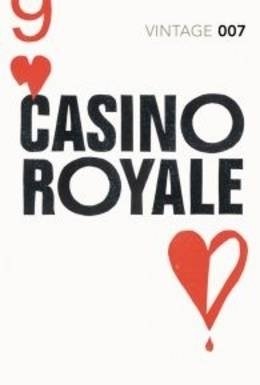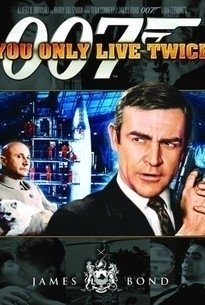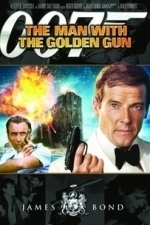Mark @ Carstairs Considers (2346 KP) rated Stuff Dreams Are Made of in Books
Feb 16, 2023
Obviously, this “reverend” is not preaching anything I would consider Biblical, and I appreciated the fact that I never got the feeling anyone was taking it seriously as such. While this set up might sound like it, this isn’t a cozy, with a liberal amount of foul language and a bit more violence. The pacing was very uneven, with some page turning twists and suspenseful scenes being slowed down by lots of recaps and talking. Still, I do like Skip and James and their struggles with life in general. I don’t think this will be a favorite series, but I’m glad I am finally getting to book two.
Best of Vampirella Masters Series
Mark Millar, Alan Moore, Grant Morrison and Warren Ellis
Book
The finest comic book creators of the modern era delve into the mystery and the macabre in The Best...
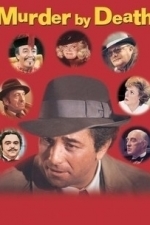
Murder by Death (1976)
Movie
A group of five renowned detectives, each accompanied by a relative or associate, is invited to...
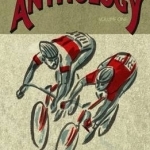
The Cycling Anthology: Volume 1
Book
The Cycling Anthology is a collection of essays by some of the world's leading cycling writers. You...
David McK (3562 KP) rated Casino Royale Vintage 007 in Books
Jan 30, 2019
And that's the crux of this book: British (not-so) secret Agent James Bond is chosen to go undercover to bankrupt Le Chiffre in gambling at the Casino Royale of the title.
THis Bond is also quite 'hard', more akin to the Bond of the Dalton or Craig era of the films than to that of (say) the Moore era or - my favourite - the Brosnan era. As the first novel in the series, this also highlights to Bond just how cold the spy game an be, with the inclusion of Vesper Lynd: one of only two female's in his (literary) life who have such an impact on him.
While the prose does flow well enough, and the novel is short enough not to out-stay it's welcome, it none-the-less failed to ignite any desire in me to hunt down any other of Ian Fleming's Bond novels: I'm not going to avoid them (or say no if I come across them), but neither I am going to actively hunt them out.
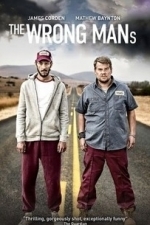
The Wrong Mans - Season 2
TV Season
From actor/writer duo James Corden and Mathew Baynton, The Wrong Mans series centers on Sam Pinkett...
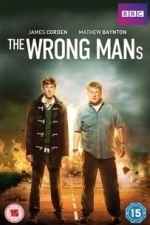
The Wrong Mans - Season 1
TV Season
From actor/writer duo James Corden and Mathew Baynton, The Wrong Mans series centers on Sam Pinkett...
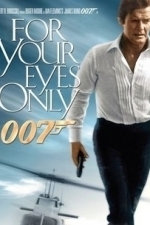
For Your Eyes Only (1981)
Movie Watch
While visiting the grave of his deceased wife, Tracy, James Bond is called back to MI6 headquarters....
Chris Parnell recommended You Only Live Twice (1967) in Movies (curated)
Awix (3310 KP) rated The Man with the Golden Gun (1974) in Movies
Feb 19, 2018
Not bad instance of Bond franchise as pure genre movie; decent fights and chases, but only one moment that really deserves a place on the 'best of Bond' showreel (the corkscrew bridge jump). Christopher Lee barely breaks a sweat as the best actor in the movie. Slightly sleazy atmosphere (in places it resembles a softcore porn movie with the sex edited out); you can kind of see why one of the original producers thought the series had run out of steam and departed before the next one.
